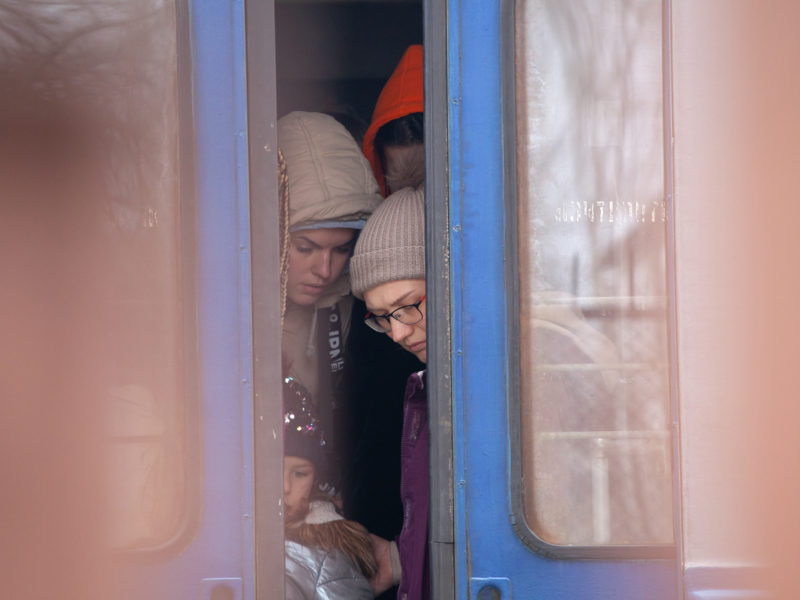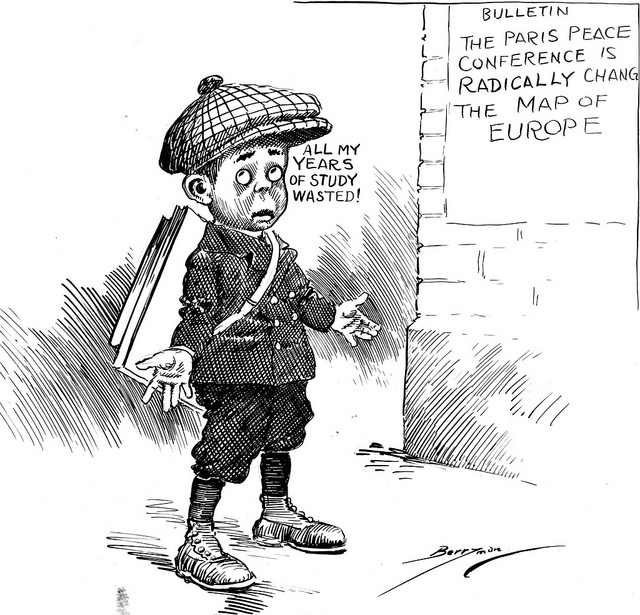Guest post by Lester Zeager and Richard Ericson
When a record number of Middle Eastern refugees made their way towards Europe in 2015, spurred on by the Syrian civil war and other armed conflicts in the region, the EU sought to distribute the refugees across countries, to alleviate the burden on certain countries like Greece and Italy, and spread the burden more widely. The effort foundered. Numerous countries opposed the proposal on the grounds that they were being assigned an unfair number of refugees.
Humanitarian crises often impose large costs on countries not otherwise involved in the situation. Many of the costs arise from a desire to help alleviate the suffering of those impacted by the crisis, such as refugees fleeing persecution and mortal danger. Collective action by states is required to share the responsibility, but it is difficult to maintain, in large part because countries fear they will be stuck with more than their fair share of the burden.
Who should care for refugees?
In a new article, we propose a transparent procedure for fairly allocating responsibility for refugees among countries. The procedure allows both for differences in the costs imposed by different groups of refugees, for example, children, working-age individuals, and the elderly, and for differences in the capacity of receiving countries to absorb those costs—e.g., GDP, population, and geographic size. We adapted a procedure proposed by Polish mathematicians Stefan Banach and Bronislaw Knaster for the fair division of goods, to the fair division of obligations—in this case, obligations to refugees.
Just as our article appeared, a new, rapidly developing refugee crisis erupted. On February 24, Russia launched an invasion of Ukraine, creating a massive flow of more than 6.5 million refugees into neighboring countries and displacing over 7 million others within Ukraine. The crisis, still growing after almost four months of war, has imposed massive costs on Ukraine’s immediate neighbors—Poland, Slovakia, Hungary, Moldova, and Romania—which cannot be sustained by those countries alone. The richer and larger countries of central and western Europe—though publicly committed to helping Ukraine—should be as committed to easing the pain of the border countries struggling to handle the refugee influx. But how to divvy up the burden? This is an opportunity for the international community to accept responsibility for the well-being of the refugees and to apply the fair-division procedure to allocate the responsibility among themselves. Such a procedure can be applied quickly; the decisions could be implemented within a few months.
How would this work in practice? First, it would be necessary to estimate the total cost of the obligation to absorb Ukrainian refugees. Then the participating countries, perhaps the EU Member States or a subset of them, would need to negotiate a distribution key—the proportions of the total obligation that fit the capacities of the receiving countries. The distribution key, though not used to determine which refugees go to each country, would determine the number of refugees each country would need to admit to absorb all the refugees and ensure that each country received its fair share. The countries themselves would propose the specific set of refugees that they are willing to take, which protects the sovereignty of each country. In each round of the process, one country would bid for a set of refugees, then each remaining country would, in turn, have an opportunity to augment the latest bid (by offering to take a larger percentage of its capacity), and the last country to make a bid would exit with its proposed obligation while the remaining countries would continue to the next round. In the final round, the last country to exit would take the remaining refugees. This process ensures that countries will augment offers when another country “underbids,” while no country ever has an incentive to bid for a larger than fair share. The office of the United Nations High Commissioner for Refugees (UNHCR) could facilitate the negotiation by explaining the procedure and monitoring compliance.
Of course, the procedure will be unnecessary if Ukraine quickly prevails and the refugees return to rebuild the country. Alternatively, if Russia succeeds in dismantling the Ukrainian state and dismembering the country, the number of refugees seeking asylum will grow. Given the current level of support being provided to Ukraine, and the desire to avoid directly confronting Russia, the war is apt to drag on for months, even years, generating a steady flow of refugees for which Western nations will feel some moral responsibility. In this case, the need for a simple, straightforward, and fair mechanism to allocate that responsibility will remain.
The procedure for fairly allocating refugee resettlement across countries could provide a decentralized, transparent, and rapid way to allocate any obligation fairly among cooperating countries. It may be particularly useful to a post-war Ukraine, where there will be an urgent need to help rebuild its destroyed cities and transportation infrastructure, factories, and farms. Reconstruction costs could be estimated and allocated through selection by countries, that could be confident that they would not end up bearing an excessive share of the burden. Of course, most of the burden would be left for Ukraine itself, but a substantial volume of investments and specific tasks, determined in advance—to avoid an open-ended commitment that would rapidly become politically untenable—could be identified to jump-start and support the Ukrainian recovery.
Collective responses to humanitarian crises are necessary and costly. A clear and actionable process could make it more likely that countries will stop quibbling over commitments and get to the task of helping refugees rebuild their lives.
Richard Ericson is a professor emeritus of economics at East Carolina University. Lester Zeager is a professor of economics at East Carolina University.







